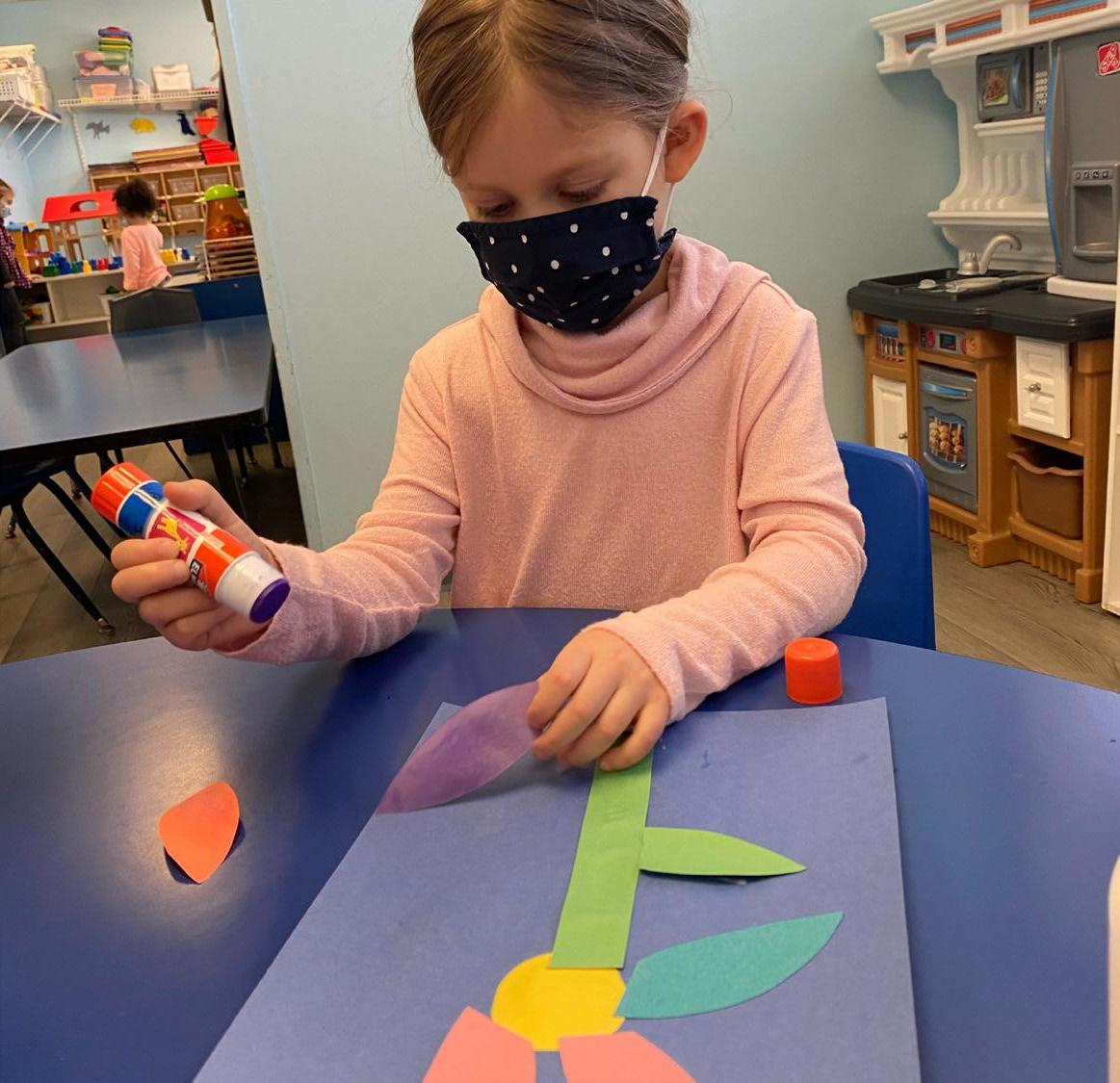
10 minute read
What Do You Envision for Your Child’s Camp Experience?


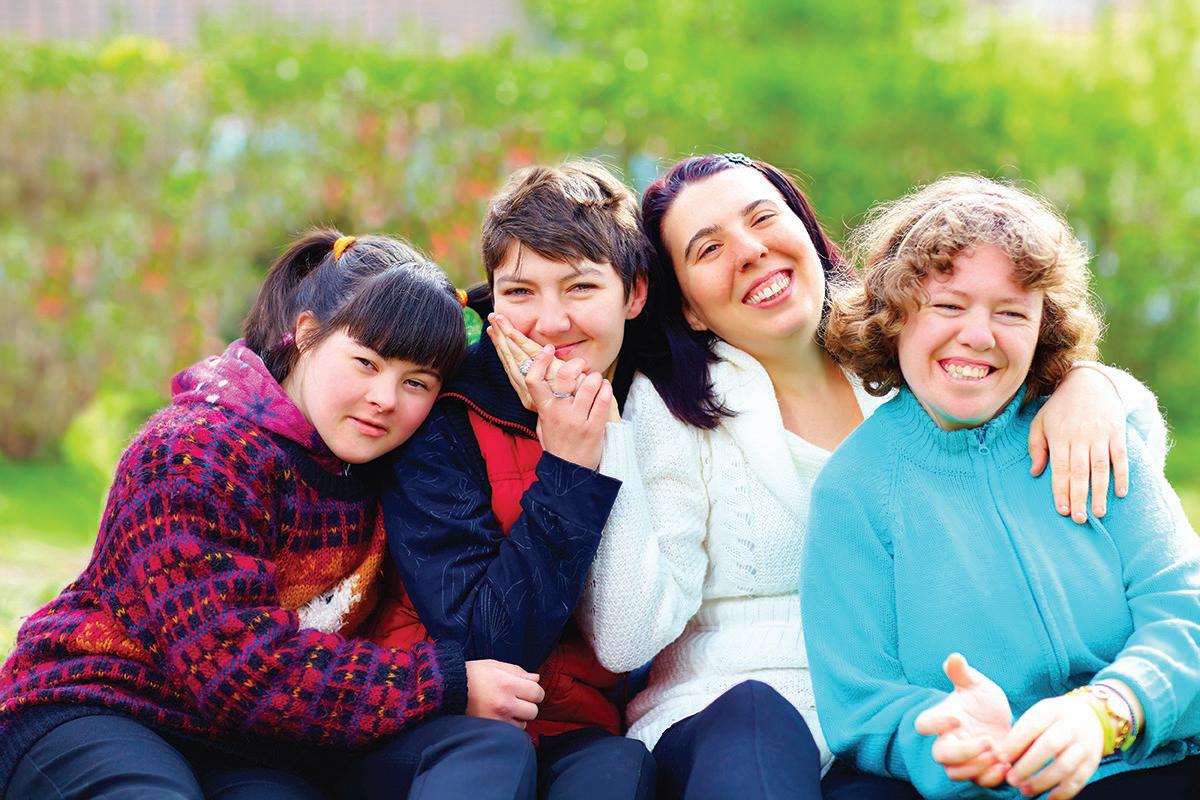
What Do You Envision
for Your Child’s Camp Experience?
Selecting a camp for your child can be exciting. You know that camp is a wonderful way for your child to develop independence, new skills and new friends. But now you need to figure out which camp is the right choice. Consider these questions as you go through your search:
What is driving your camp search?

Fun and learning? New experiences and skills? A need for child care? Family tradition? Encouragement from friends?
What are your leading camp
search criteria? Which ones are “nonnegotiable” and which are “preferences”?
Which of your family’s values should be reflected in the camp
philosophy? How religious should it be? How competitive? How diverse? How much camper choice should be given?
What activities or programs
interest you and your child? What
level of intensity are you looking for? Are you looking for opportunities for your child to try new activities, to play, to advance current skills, to practice, to compete or to specialize?
What kind of facilities will your
camper consider? Discuss electricity, bathrooms and dining.
What session length, from eight weeks to a few days, is comfortable for you, for your child, and for your family’s summer
schedule? The most common session lengths are: full season (seven to eight weeks), half season (three to four), two weeks and one week.
What camp clientele do you want
to consider? There are camps for boys only, girls only, coed, brother/sister, religious groups, underserved populations and children with special needs.
How far are you willing to commute
you child? Is there a good local source or is it worth driving to a destination camp?

THE ULTIMATE GUIDE TO TEEN TOURS

By Cheryl Maguire
Can I go to California?
When my soon to be fourteen-year-old daughter asked me this question my initial response was, “There is no way you are going to California, especially without me.”
And then I saw the cost of the trip which only solidified my sentiment.
The public school she attends teamed up with a travel tour company to offer a week-long educational trip to California for students who applied. The trip is not considered a school trip since it will be during April vacation, but teachers will be participating along with the travel guides from the tour company.
“Didn’t you go on a similar trip when you were her age?”
My husband, the voice of reason, pointed out a fact that I did indeed travel to the west coast at the age of fourteen, expect instead of a week I traveled for three weeks. I went with a private “teen tour” company over the summer.
I loved my teen tour experience. It enabled me to see national parks and historical sites that I probably won’t have visited otherwise, which is why I changed my mind and I’m allowing her to go.
WHAT IS A TEEN TOUR?
A teen tour is when a group of teens travel with adult leaders to specific locations. These tours are usually private companies but sometimes pair up with public schools. Some tours are also run through religious organizations. The trips can be domestic or international and can be community service based or educational. The length of time can vary from one week to one month or longer. The group stays at camp grounds or hotels, traveling by a coach bus.
TYPES OF TEEN TOURS
CARDIGAN SUMMER SESSION
THE PERFECT BALANCE OF ACADEMIC ENRICHMENT AND SUMMERTIME FUN FOR GIRLS AND BOYS AGES 8-15!
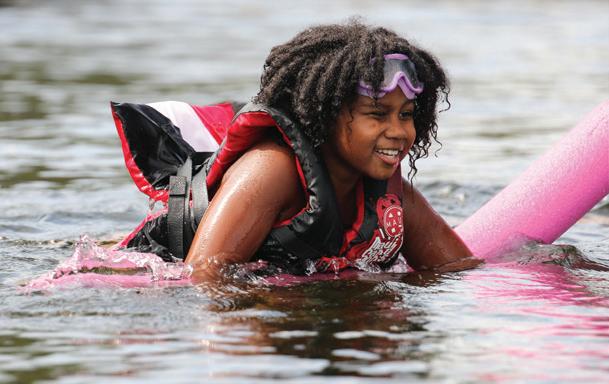
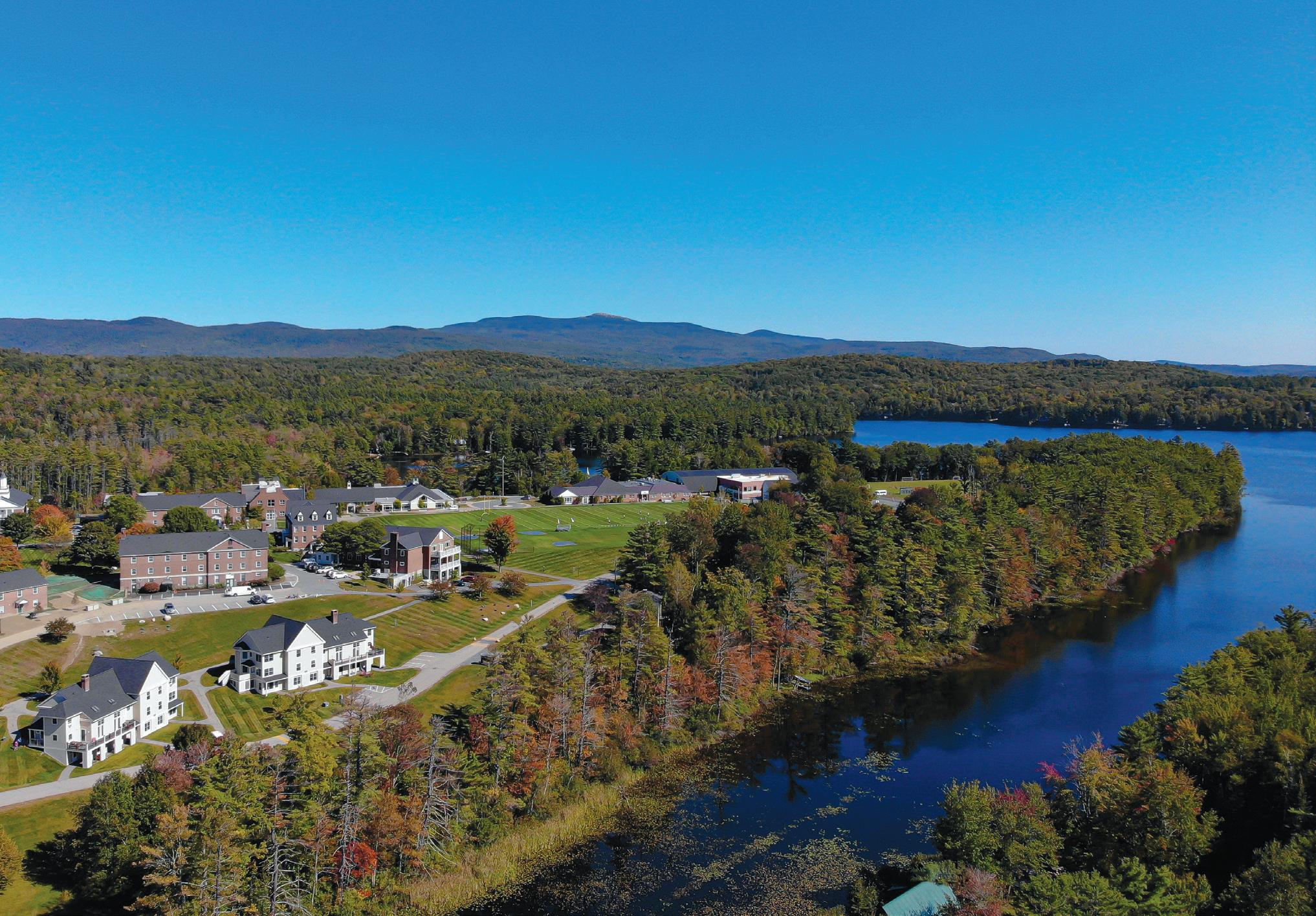

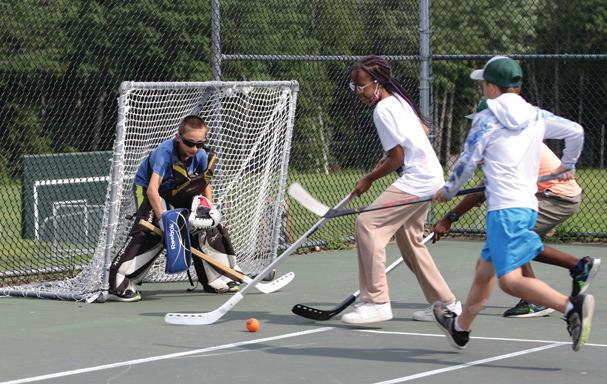
CARDIGAN MOUNTAIN SCHOOL • CANAAN, NH • (603)523.3526 • WWW.CARDIGAN.ORG/SUMMER
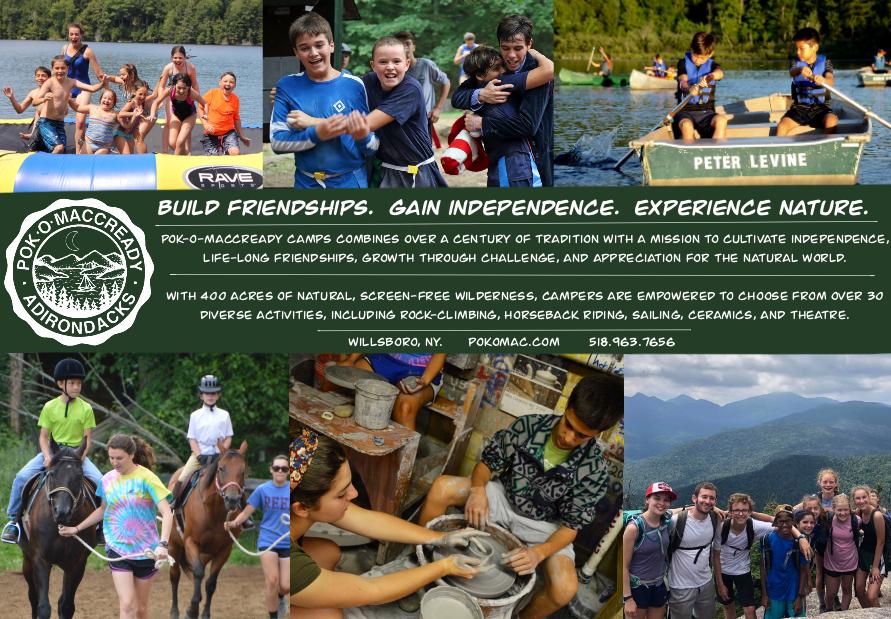
privately owned. Like a camp, the company hires staff counselors who will travel and be responsible for the teens during the trip. These tours can be accredited by the Camping Association. When selecting a tour, make sure to research the company through the Better Business Bureau and by asking for recommendations from friends or family.
Collaborate with Public/Private School: If your school doesn’t currently offer a travel program, you could ask about partnering with a travel company.
RELIGIOUS: Local religious organizations may offer a teen travel experience during the summer. Sometimes these trips are community service orientated while other times it may be educational. You could check with your local place of worship to find out if they offer a teen tour.
COST
The cost of these tours isn’t cheap ranging from $3k-$10k and up. Usually the cost includes all meals, transportation during the trip (not to the first location), admission, and staff guides. You might be able to receive financial aid or a scholarship through Geography of Hope. You may also be able to travel for free if you are willing to volunteer. There is a tuition free program you can apply to for girls age 15-17 called Inspiring Girls Expeditions.
IS A TEEN TOUR RIGHT FOR YOUR FAMILY?
Traveling requires a certain type of personality, usually someone who enjoys adventure and is able to be patient when necessary. My daughter’s twin brother had zero interest in attending the California trip and didn’t even show me the paperwork. His personality is vastly different from his twin, so I can understand why he doesn’t want to go.
If you can afford the high cost or qualify for a scholarship, then a teen tour can be a unique learning experience for your child. I visited various places and met people from diverse backgrounds. And even though I will miss her terribly, I’m sure my daughter will have an incredible trip.
JOIN US FOR SUMMER CAMP

Full Scale Productions & One Week Theatre Arts Camps
Grades 2-8
Grades 2-12
Grades 8-12
Space Is Limited - Enroll Today!
Cheryl Maguire holds a Master of Counseling Psychology degree. She is married and is the mother of twins and a daughter. Her writing has been published in The New York Times, Parents Magazine, AARP, Healthline, Your Teen Magazine, and many other publications. She is a professional member of ASJA. You can find her at Twitter @CherylMaguire05



Setting Intentions in the New Year
By Sarah Lyons
new year, a new start. Each
Ayear 62% of Americans make New Year’s Resolutions hoping to make positive and healthy changes. According to Statisticbrain.com, statistics show that within the first two weeks 25% of those same Americans have given up on their goals and only 8% reach their ultimate goal by the end of the year. These numbers are not encouraging. In 2019, try focusing on setting positive intentions rather than unrealistic resolutions that may fizzle out faster than you can say Happy New Year.
Set realistic and reachable intentions
If 36% of people give up on their New Year’s Resolutions by February, it is likely they are not setting goals that are realistic or reachable. When setting resolutions, choose intentions that make sense. Goals that are interesting, fun, and that you are motivated to keep are more likely to end in success. If you want to read more, set a goal of reading a certain number of books or completing a challenging but interesting book series. If weight loss is a goal, choose a fun way to reach your goal weight. If you despise running, don’t plan to shed pounds on the treadmill. Pick an activity you love and incorporate it into your exercise routine while choosing healthy meal options. “I made a reading goal this year to read my age in books.” says Stephanie Loux, mom of three. “It was a fun self-care resolution which made it easier to reach. It also helped me discuss books with friends.”
Set measurable and specific intentions
How will you know if you have reached your goals? Many people give up on their resolutions because they don’t know how to achieve them or when they have been completed. Examples of immeasurable goals include “Get healthy”, “Become more organized” or “Save money”. Be specific when setting intentions. How will you become healthier? Does that include changing your eating habits? Incorporating exercise? What type of exercise and how often? Your goals need to be both measurable and specific so that you know how to achieve them. Goals such as “Raise my grade in science class from a B to an A”, “Read one book a month” or “Save x amount of dollars for a family vacation” are all goals that are both specific and measurable. These types of intentions are great because you know exactly how to reach them, when you have reached them, and when to celebrate your success.
Reward yourself
Speaking of celebrating, don’t forget to set some rewards for yourself as you are choosing your New Year’s intentions. This will help motivate you to follow through when things get challenging. Some ideas could include - “If I lose 15 pounds, I will buy three new outfits.” or for your child “If you complete your reading goals, you can pick a special toy”. Pick a reward that is enough to motivate you or your child and work together towards your goal.
Don’t overdo it
Many people make the mistake of setting too many intentions or goals that are not attainable, setting themselves up for failure. When you are creating your intentions, list all the areas that you would like to work on. Once you have a list, narrow it down to the items that are realistic, measurable, and come with a reward. Prioritize and categorize your goals. Can you consolidate any? Do you see a theme? Which goals are you most excited about? Make your list again and try to be as specific as possible in order to give yourself the best chance of success. If you have several that you would like to achieve, keep your list around so that you can move onto another goal after you complete one of your resolutions. “I find that setting goals for shorter terms, say three months, is easier to stick to than a yearlong endeavor.” says Kelly Lawton of Olathe. “It allows me to reevaluate my progress and reset or restart as I need without the guilt.”
While coming up with a list of intentions for the year, keep them positive. Give yourself permission to create intentions that are fun rather than a punishment or chore. When we create goals that are actually accomplishable and set rewards for our completion of them, we are much more likely to be successful.
Sarah Lyons is a part time freelance writer and a full-time mom of six.
GREAT SCHOOLS GREAT WORK

Start or advance your career at an approved special education school! Now hiring:
ABA and behavior professionals
Classroom assistants
Residential program staff
Teachers
Licensed counselors
OT, PT, SLP, BCBA
Building support staff

Find a school, find a job. Resources and information at maaps.org
2020 2020
TOP 5
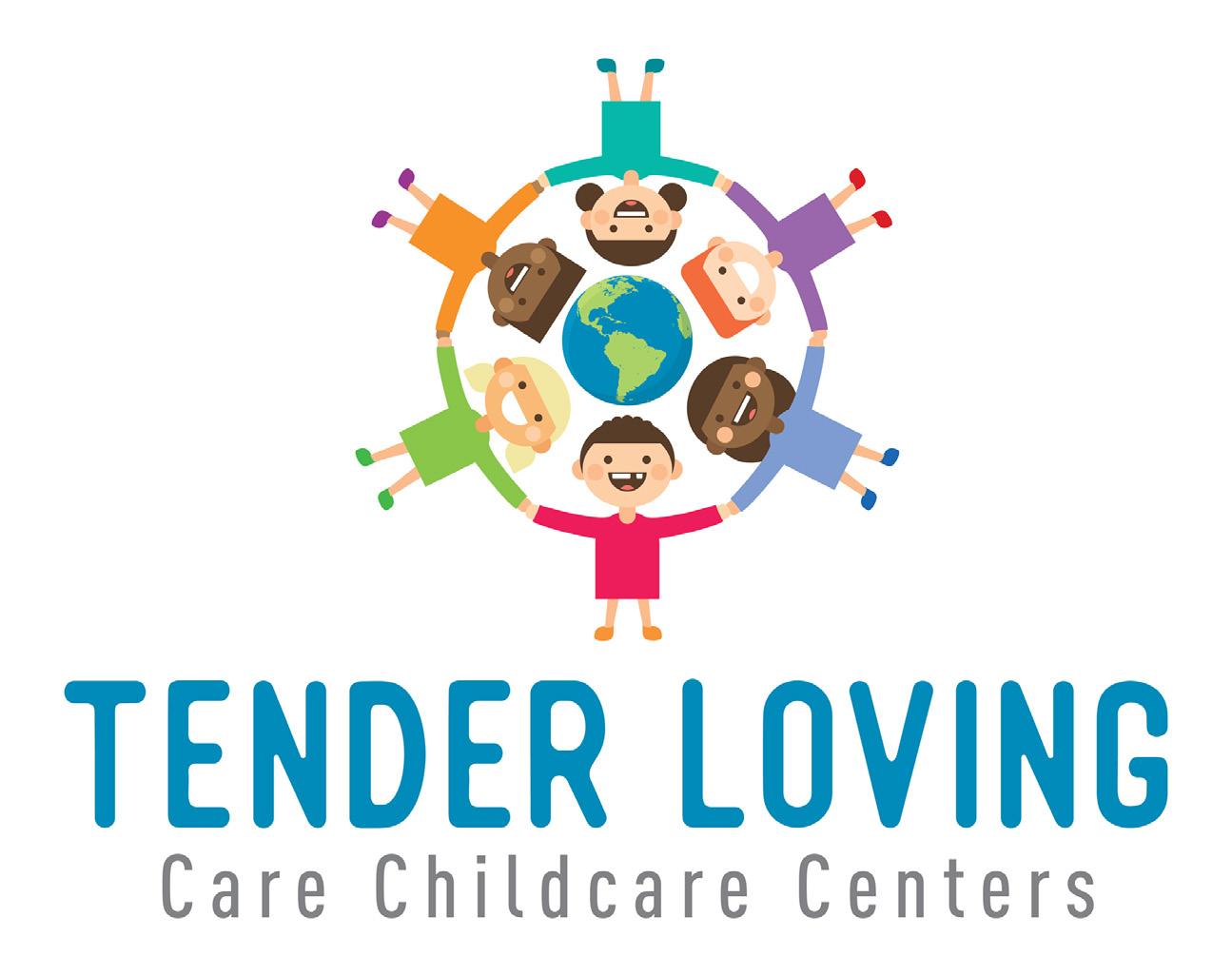
2021 2021
TOP 5
